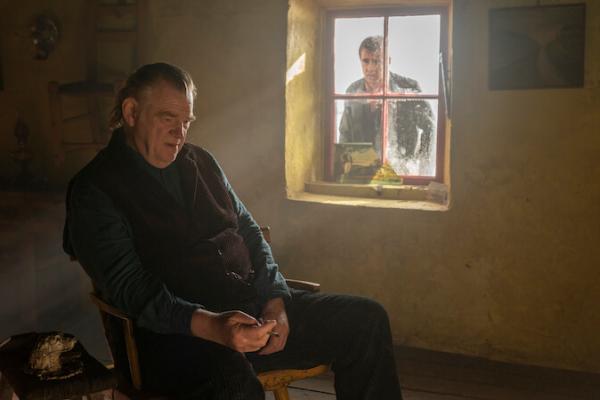Feb 23, 2023
The Banshees of Inisherin has received several awards from the Golden Globes and multiple nominations for the forthcoming Academy Awards. It’s not hard to see why: Martin McDonagh’s film captures the complex, deep turmoil of a friendship falling apart. The friendship falls apart because the characters don’t have the framework to work through misunderstandings due to their depressive state.
Read the Full Article

Already a subscriber? Login
